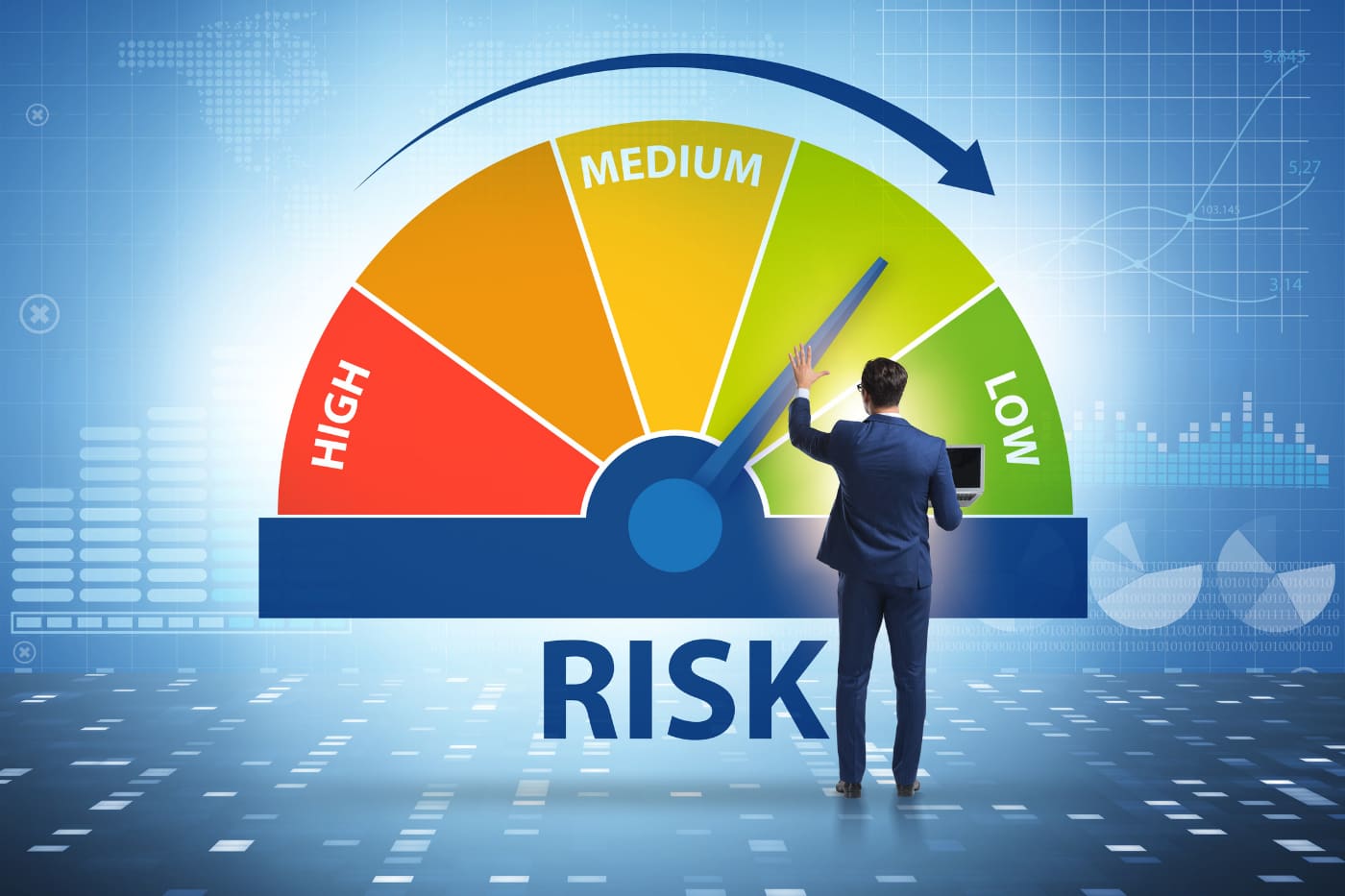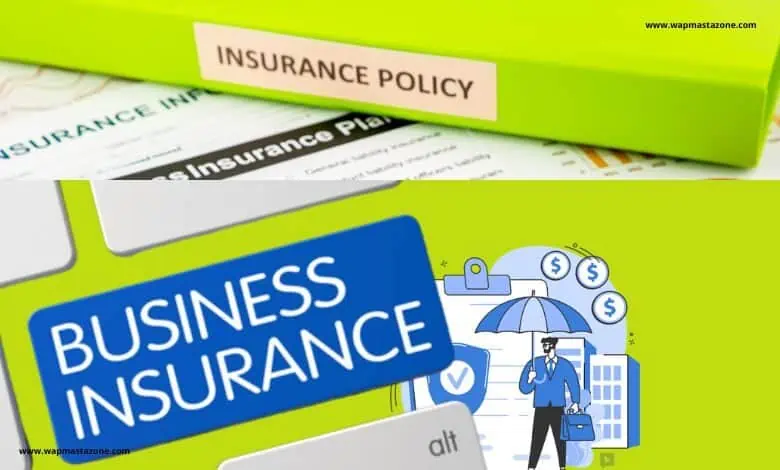Insurance for Industrial Cleaners in the aspect of industrial cleaning as a vital aspect of maintaining hygiene, safety, and efficiency in various industries such as manufacturing, healthcare, hospitality, and more. However, it’s not without its risks. From accidents involving hazardous materials to property damage and legal liabilities, industrial cleaners face a myriad of potential threats in their line of work. In such a high-risk environment, having robust insurance coverage is essential to safeguarding your business, assets, and employees. This comprehensive guide explores the various types of insurance policies available to industrial cleaners, highlighting their importance and providing insights into selecting the right coverage for your specific needs.
Understanding the Risks in Industrial Cleaning
Before delving into insurance coverage, it’s crucial to understand the risks associated with industrial cleaning operations. Industrial cleaners often work in challenging environments where they encounter hazardous chemicals, heavy machinery, confined spaces, and elevated surfaces. These conditions increase the likelihood of accidents, injuries, and property damage. Common risks faced by industrial cleaners include:
- Workplace Injuries: Accidents such as slips, trips, falls, chemical exposure, and machinery-related incidents can lead to injuries ranging from minor cuts and bruises to severe disabilities.
- Property Damage: Industrial cleaning activities may inadvertently cause damage to clients’ property, equipment, or infrastructure, resulting in costly repairs or replacements.
- Pollution and Environmental Liability: Improper handling or disposal of hazardous materials can result in environmental contamination, leading to regulatory fines, cleanup costs, and legal liabilities.
- Business Interruption: Any disruption to cleaning operations, whether due to accidents, natural disasters, or equipment breakdowns, can result in financial losses stemming from downtime and loss of revenue.
- Legal Claims: Clients, employees, or third parties may file lawsuits against your cleaning business for negligence, bodily injury, property damage, or contractual disputes, entailing legal defense costs and potential settlements.
Given these risks, having adequate insurance coverage is paramount for industrial cleaners to mitigate financial losses and protect their livelihoods.
Types of Insurance for Industrial Cleaners
- General Liability Insurance: General liability insurance provides coverage for third-party bodily injury, property damage, and advertising injury claims arising from your industrial cleaning operations. It safeguards your business against lawsuits alleging negligence, accidents, or property damage caused by your services or employees. General liability insurance typically covers legal defense costs, settlements, and judgments, offering financial protection and peace of mind.
- Workers’ Compensation Insurance: Workers’ compensation insurance is mandatory in most states and provides benefits to employees who suffer work-related injuries or illnesses. For industrial cleaners, this coverage is particularly crucial due to the inherent risks of the job. Workers’ compensation benefits may include medical expenses, lost wages, disability benefits, and vocational rehabilitation. By carrying workers’ compensation insurance, you not only fulfill legal requirements but also demonstrate your commitment to employee safety and well-being.
- Commercial Property Insurance: Commercial property insurance protects your cleaning business against physical damage or loss to your owned or leased property, including buildings, equipment, tools, and inventory. It covers perils such as fire, theft, vandalism, and natural disasters, enabling you to repair or replace damaged assets without bearing the full financial burden. Additionally, commercial property insurance may include business interruption coverage, compensating for lost income and operating expenses during periods of forced closure or rebuilding.
- Commercial Auto Insurance: If your industrial cleaning business owns or operates vehicles for transportation of equipment, supplies, or employees, commercial auto insurance is essential. This coverage provides protection against accidents, vehicle damage, and liability claims resulting from your business-related driving activities. Whether you have a single van or a fleet of trucks, commercial auto insurance ensures that you’re financially protected against the risks of the road.
- Pollution Liability Insurance: Given the nature of industrial cleaning activities involving potentially hazardous chemicals and pollutants, pollution liability insurance is critical. This specialized coverage shields your business from liabilities arising from pollution incidents, including contamination of soil, water, or air. Pollution liability insurance may cover cleanup costs, regulatory fines, legal expenses, and third-party damages resulting from accidental releases or environmental contamination.
- Professional Liability Insurance: Also known as errors and omissions (E&O) insurance, professional liability insurance protects industrial cleaners against claims alleging professional negligence, errors, or omissions in the performance of their services. This coverage is particularly relevant for cleaning companies offering specialized services or handling sensitive environments where mistakes could result in significant financial losses or damages. Professional liability insurance covers legal defense costs, settlements, and judgments related to claims of professional misconduct or failure to meet contractual obligations.
- Umbrella Liability Insurance: Umbrella liability insurance provides an extra layer of liability protection beyond the limits of your primary insurance policies, such as general liability, auto liability, and employer’s liability. In the event of a catastrophic loss or large lawsuit that exceeds your primary policy limits, umbrella insurance kicks in to cover the excess costs, safeguarding your business assets and personal finances from potential bankruptcy or financial ruin.
Choosing the Right Insurance in Industrial Cleaning
Selecting the appropriate insurance coverage for your industrial cleaning business requires careful consideration of your specific risks, operations, budget, and regulatory requirements. Here are some key factors to keep in mind when choosing insurance policies:
- Risk Assessment: Identify and assess the unique risks associated with your industrial cleaning operations, including workplace hazards, environmental exposures, contractual obligations, and potential liabilities.
- Legal Compliance: Ensure that your insurance coverage meets all legal requirements mandated by federal, state, and local regulations, including workers’ compensation, liability limits, and industry-specific regulations.
- Coverage Limits: Evaluate the adequacy of coverage limits based on your business’s assets, revenue, liabilities, and potential loss exposures. Consider factors such as property values, equipment replacement costs, and worst-case scenarios when determining coverage limits.
- Policy Exclusions: Review the exclusions and limitations of each insurance policy to understand what risks are not covered and whether additional endorsements or specialized coverage options are needed to fill gaps in protection.
- Insurance Providers: Research reputable insurance carriers with experience in providing coverage for industrial cleaning businesses. Compare quotes, policy terms, customer reviews, and claims handling reputation to choose a reliable insurance partner.
- Customization Options: Look for insurance providers that offer customizable coverage options tailored to the specific needs and risks of industrial cleaners. Consider additional endorsements, riders, or policy enhancements to address unique exposures or industry-specific requirements.
- Risk Management Strategies: Implement proactive risk management practices and safety protocols to minimize the likelihood of accidents, injuries, and property damage. Invest in employee training, safety equipment, hazard controls, and emergency response plans to mitigate risks and demonstrate your commitment to safety.
Conclusion on Insurance for Industrial Cleaners
In conclusion, insurance plays a vital role in protecting industrial cleaners from the myriad risks and liabilities inherent in their line of work. By investing in comprehensive insurance coverage, including general liability, workers’ compensation, property, auto, pollution, professional liability, and umbrella insurance, cleaning businesses can safeguard their assets, employees, and reputation against unforeseen events and financial losses. However, selecting the right insurance policies requires careful assessment of risks, legal obligations, coverage options, and insurance providers. By partnering with a trusted insurance advisor and adopting proactive risk management strategies, industrial cleaners can mitigate exposures, enhance resilience, and thrive in a competitive marketplace while ensuring peace of mind for themselves and their clients. Remember, when it comes to protecting your industrial cleaning business, being adequately insured is not just a prudent decision—it’s a necessity for long-term success and sustainability.






